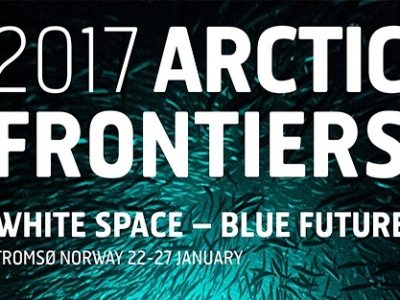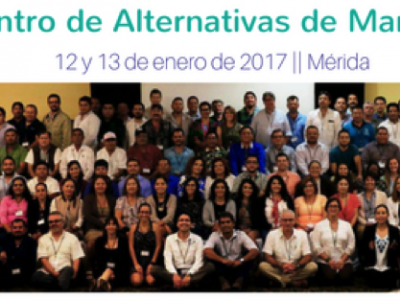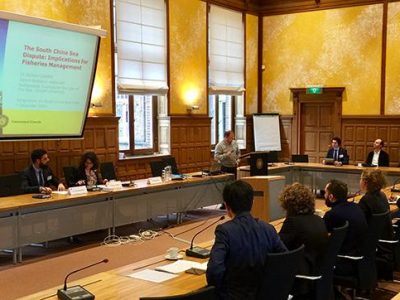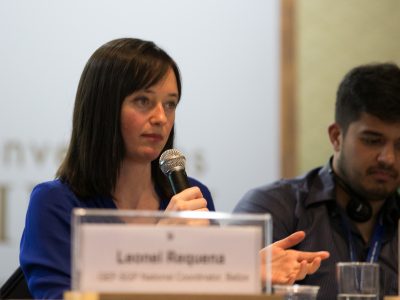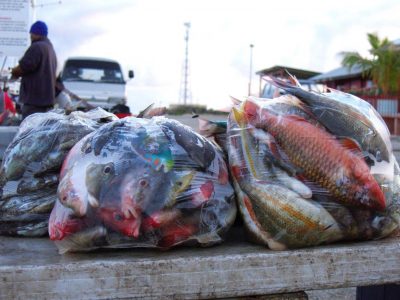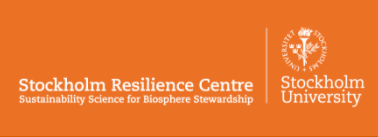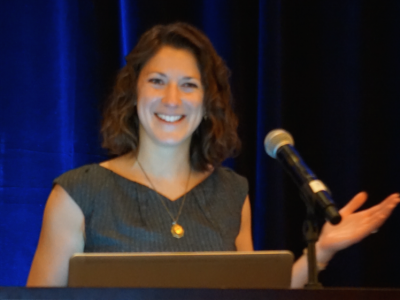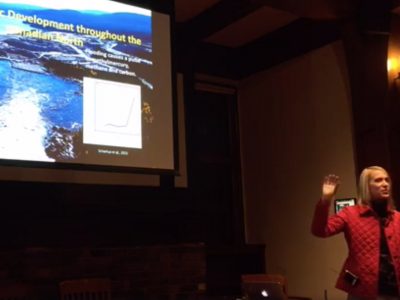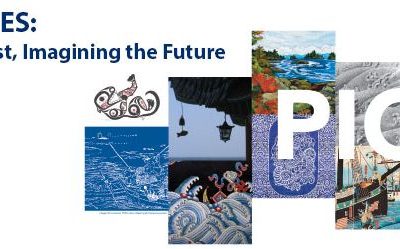Arctic Frontiers Conference
Nereus Fellow Richard Caddell (Utrecht) and Chair of the Nereus Steering Committee Daniel Pauly (UBC) attended the Arctic Frontiers Conference in Tromsø, Norway, from January 22 to 27. The conference brought together more than 1400 representatives from academia, government, and business to discuss the challenges associated with sustainable development in the Arctic.



